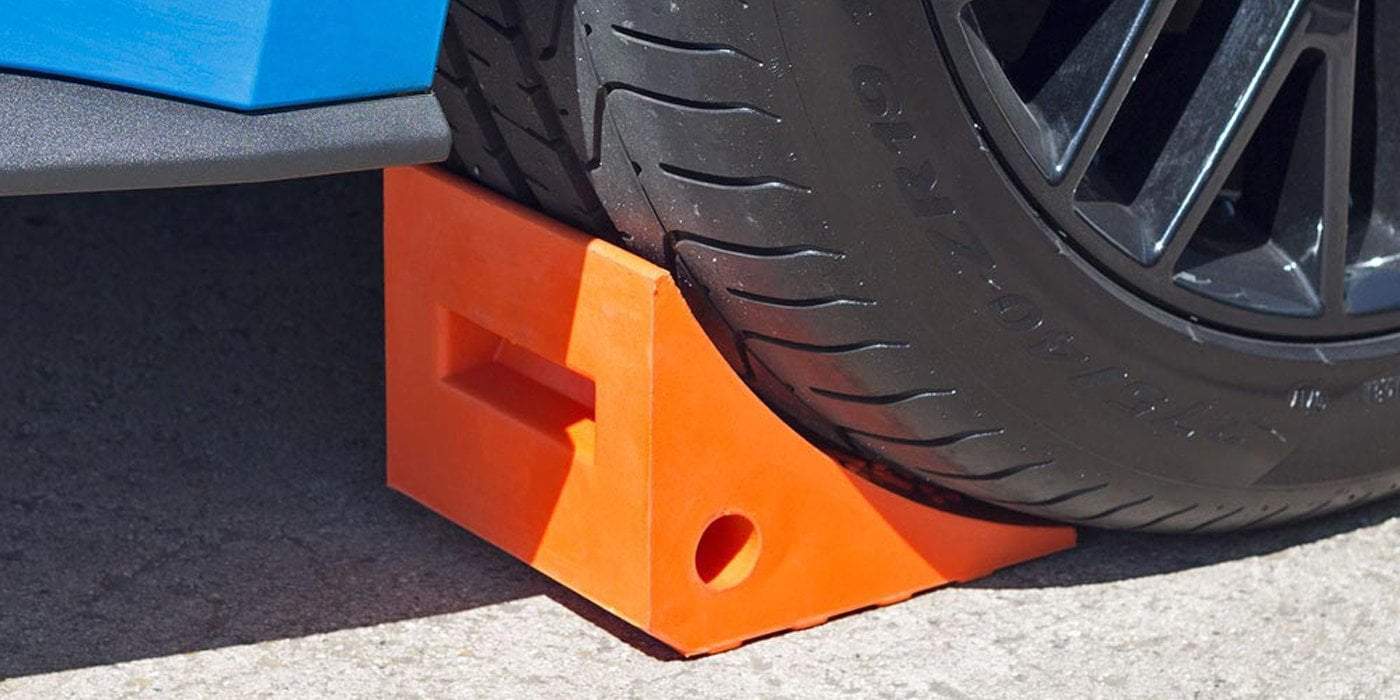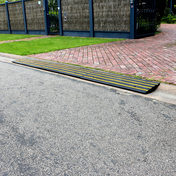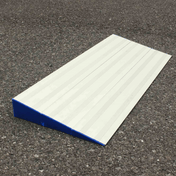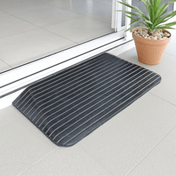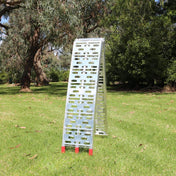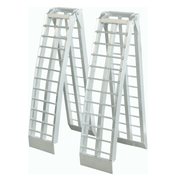What are wheel chocks?
Wheel chocks are the seemingly simple wedges placed closely against a vehicle's wheels to prevent accidental or unintentional movement. Its main job is to prevent the car from rolling.
Some people think that wheel chock isn’t essential equipment Oftentimes, you may only realize its importance when the need arises like when you’re working and suddenly your car starts rolling away! Of course, you don’t want this to happen.
Why you need a pair of wheel chocks?
When a car is parked on an incline there’s a tendency of rolling even if the engine is off and the brakes are engaged. That’s when wheel chocks may come to the rescue. Wheel chocks are a relatively cheap investment for your safety and the safety of others. Considering unintentional movement is a scary and dangerous situation, investing in quality wheel chocks is an excellent precautionary measure to prevent the risk of causing injury and damage to properties.
Wheel chocks come in a variety of shapes and sizes and can be made from different types of materials. The nice thing about chocks is that they are low-tech and so easy to use. You only need to know what’s best for your car and what will suit your requirement.
Here’s a guide to selecting the right wheel chocks that can help you get your best pair.
1. Size: Wheel chocks need to match the size of the tyres you’re using them on because the tyres are designed in proportion to the car’s size and weight. If you get a wheel chock that is too small, it might not be effective at doing its job.
2. Weight: A lightweight chock might be fine for use with a compact car, but it may not work well with a full-size SUV on a steeper hill. The weight of the chock helps to prevent the vehicle from pushing it out of the way.
3. Vehicle Weight: Be sure to get wheel chocks that can stand up to the weight of your vehicle. Most chock manufacturers specify what weight their chocks can accommodate, so be sure to check how much your vehicle can handle before purchasing.
4. Vehicle Tyre: The type of vehicle and tyre you plan on chocking also make a difference in the chock you choose. Heavy, off-road tyres commonly used on large equipment like earthmovers and grading equipment require a different chock than your family sedan. It's best to check the package to find out what kind of vehicle the chocks you're purchasing were designed to accommodate.
5. Material: Chocks are available in urethane, rubber, aluminium and other materials. Each type has its own advantages and disadvantages. Aluminium chocks are often designed with teeth on the bottom, which bite into the surface below and provide stability. Synthetic or rubber wheel chocks provide stability through the friction created between the non-slip material and the ground.
6. Design: Wheel chocks may come in various forms or design. Some chocks are designed with a curve that hugs the shape of the tyre. Others are simple pyramids or may have a lip at the bottom to wedge firmly between the tight spaces where the rubber of the tyre leaves the road but every wheel chocks have some kind of tread on its face to produce friction between the tyre and the chock.
7. Packaging: Check the number of wheel chocks sold in the package. Most should come in sets of two (you generally want to chock two tires). However, some are sold in singles. Also, some chocks are designed to fit inside one another (known as nesting) for easy storage. Others cannot be nested.
So now that you’ve got a pretty good idea what to look for when selecting your wheel chocks, getting a set is just a piece of cake! Most wheel chocks price starts at less than $20 so, how can you not get a pair?
For a piece of simple equipment that can save your life, it’s definitely a must-have. Just remember to always use wheel chocks on a hard, solid, and level surface and always make sure to use the parking brake
If you have more question on the different types of wheel chocks, especially the type of materials for your requirement, you may contact us and our team will be glad to give you a more detailed guide.
Shop Wheel Chocks

